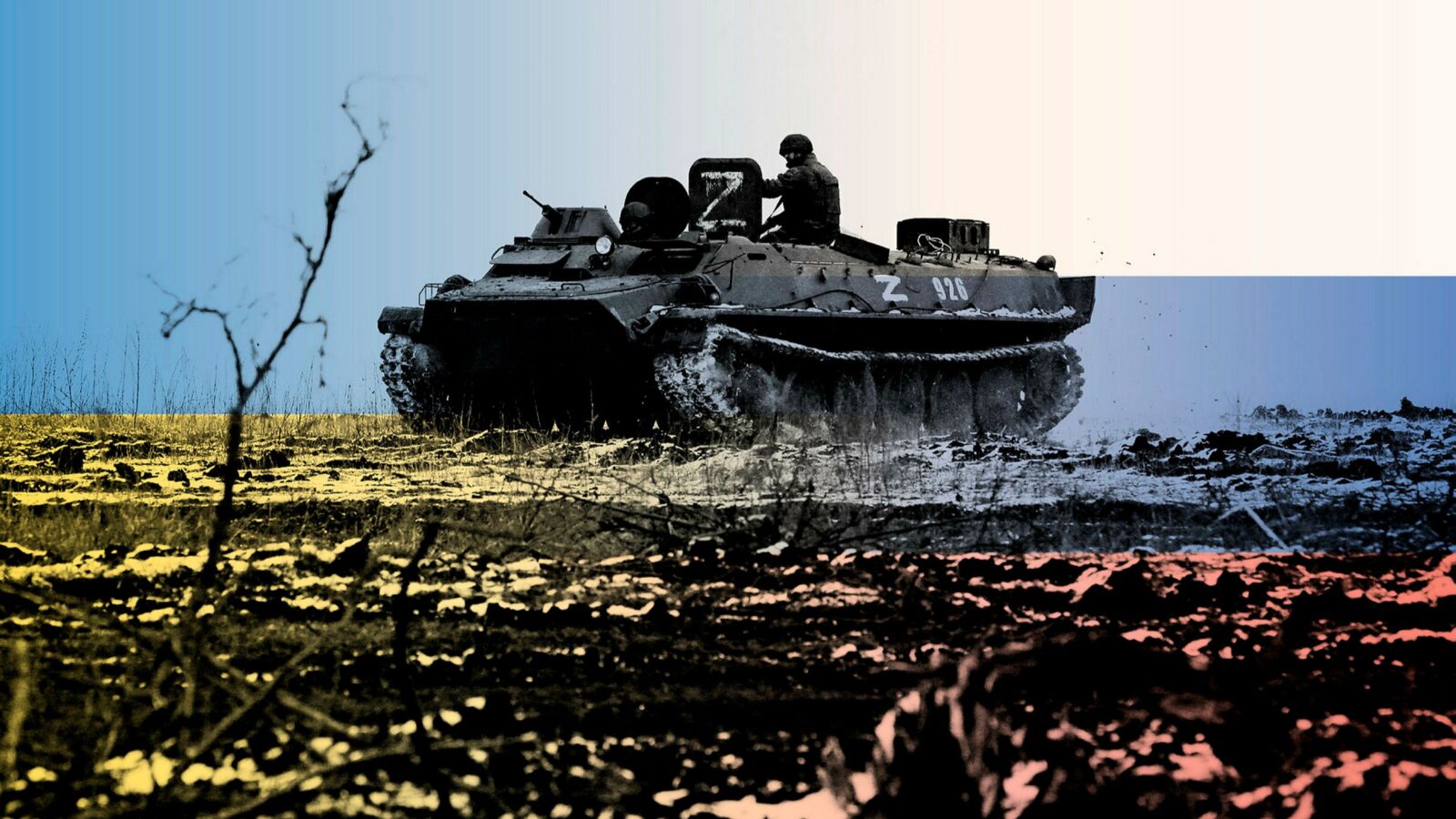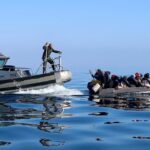About fifty heads of state and government meet Monday and Tuesday in Brussels for a summit. The two partners hope to make progress on trade issues. Difficulties are expected over the war in Ukraine.
The time has come to relaunch the links between the European Union and the countries of Latin America and the Caribbean. Eight years after the last summit, more than fifty heads of state and government met in Brussels on Monday for a two-day meeting.
The 27 want to once again play a role on the South American continent, the war in Ukraine has changed the international geopolitical deal, and China is investing massively in the region.
“Since we were natural partners, we didn’t pay enough attention, that’s the reason. The Europeans didn’t pay enough attention to the Latin Americans”, notes the head of European diplomacy, Josep Borrell .
“Today, we must react and take into account the new geopolitical scenario, with the urgency of China and the new role of Russia, we must express and show, not only our concern, but also our commitment.”
But beyond trade, some points remain unresolved and make it difficult to draw conclusions. The Latin American countries wish to indicate a reference to the colonial past of Europe and to possible reparations concerning the slave trade.
“I am hopeful that the declaration will contain a paragraph on the historical legacy of indigenous genocide and enslavement of Africans and on restorative justice,” says the Prime Minister of Saint Vincent and the Grenadines, Ralph Gonsalves, who also chairs the Community of Latin American and Caribbean States (CELAC).
Difficulties are also expected on a mention of the war in Ukraine. Sensitivities are very different on both sides of the Atlantic, but also within the South American continent.
The President of the European Council assures that the EU and Latin America largely share the same analysis.
“On Ukraine, one thing is clear: the vast majority of Latin American countries have decided to condemn Russia and this has resulted in several votes in the United Nations General Assembly.”
During this vote at the UN, some Latin American countries decided to condemn the invasion, others preferred to remain neutral and some aligned themselves with Russia. Finding the common words to bring together these divergent points of view promises to be tricky under these conditions.
This article is originally published on fr.euronews.com









